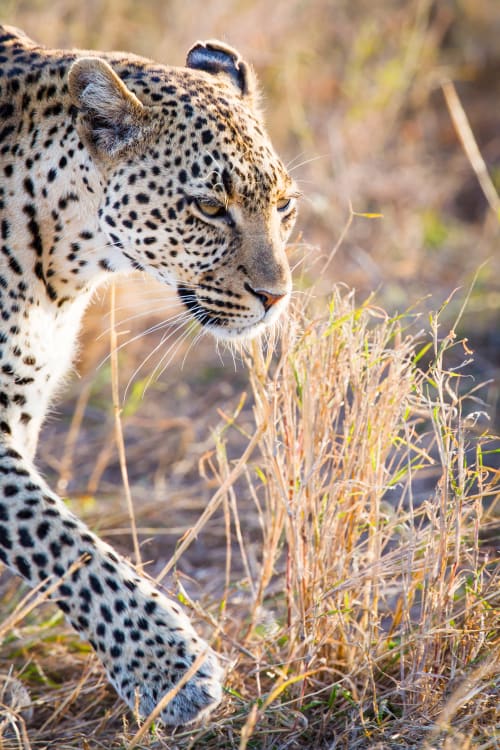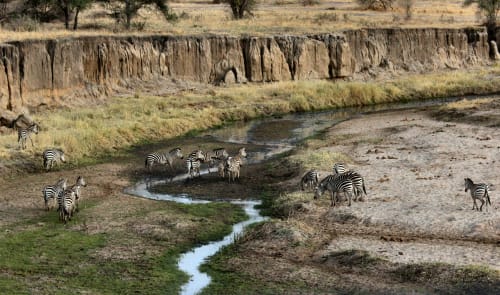A safari in Africa is an unforgettable adventure and one of the best ways to experience the continent's wild beauty. Whether you go on your own to see the wildlife or book yourself into one of the luxury lodges, you need more than just your passport and a plane ticket for a safari. From the right clothes to the right equipment, there's a lot to consider when preparing. To make your experience as enjoyable and memorable as possible, we've put together this thoughtful packing list with all the must-haves.
- Travelling light
- Safari clothing
- Wildlife viewing equipment
- Personal documents
- Safari equipment
- First-aid kit
- Packing list for camper safaris
- Packing list for self-drive safaris
Note: Most safari destinations have similar luggage requirements. It is not necessary to differentiate between countries, but it depends on how long you will be travelling and whether you are travelling in the dry or rainy season. Ultimately, your safari packing list will depend on your needs and preferences. Think carefully about what activities you plan to do and simply expand or shorten the packing list according to your personal preferences.
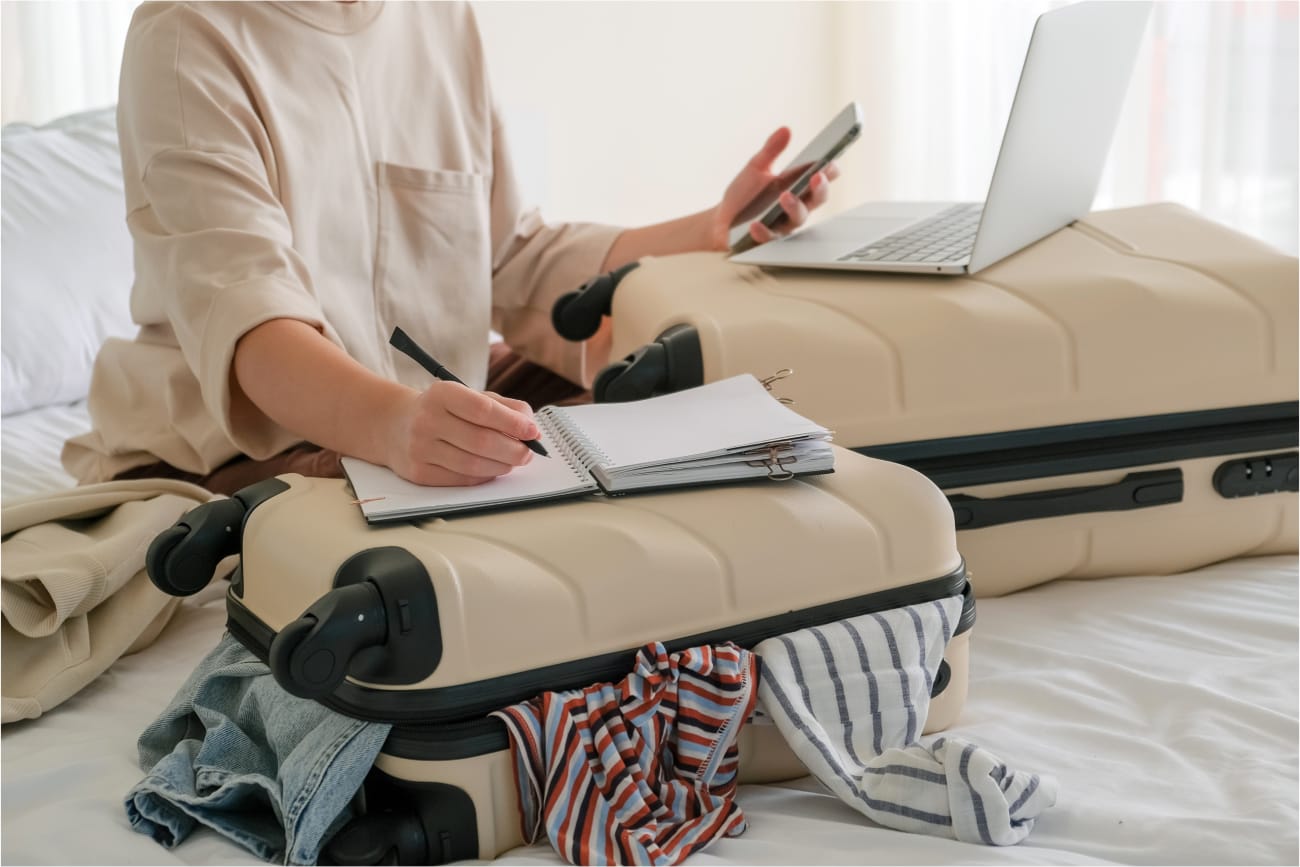
Travelling light
The same applies to a safari trip: less is more. Although it is important to be well prepared, you should not pack more than necessary. Large luggage is difficult to transport and can be uncomfortable in cramped buses or on a jeep. A light piece of luggage makes transport easier and also provides more storage space for souvenirs you want to take back from your adventures. Before you pack too much, consider renting or buying a few things locally. For example, many safari companies offer sleeping bags, mattresses, binoculars and cameras for rent. Many safari accommodations also offer laundry services, so you can bring less clothing.
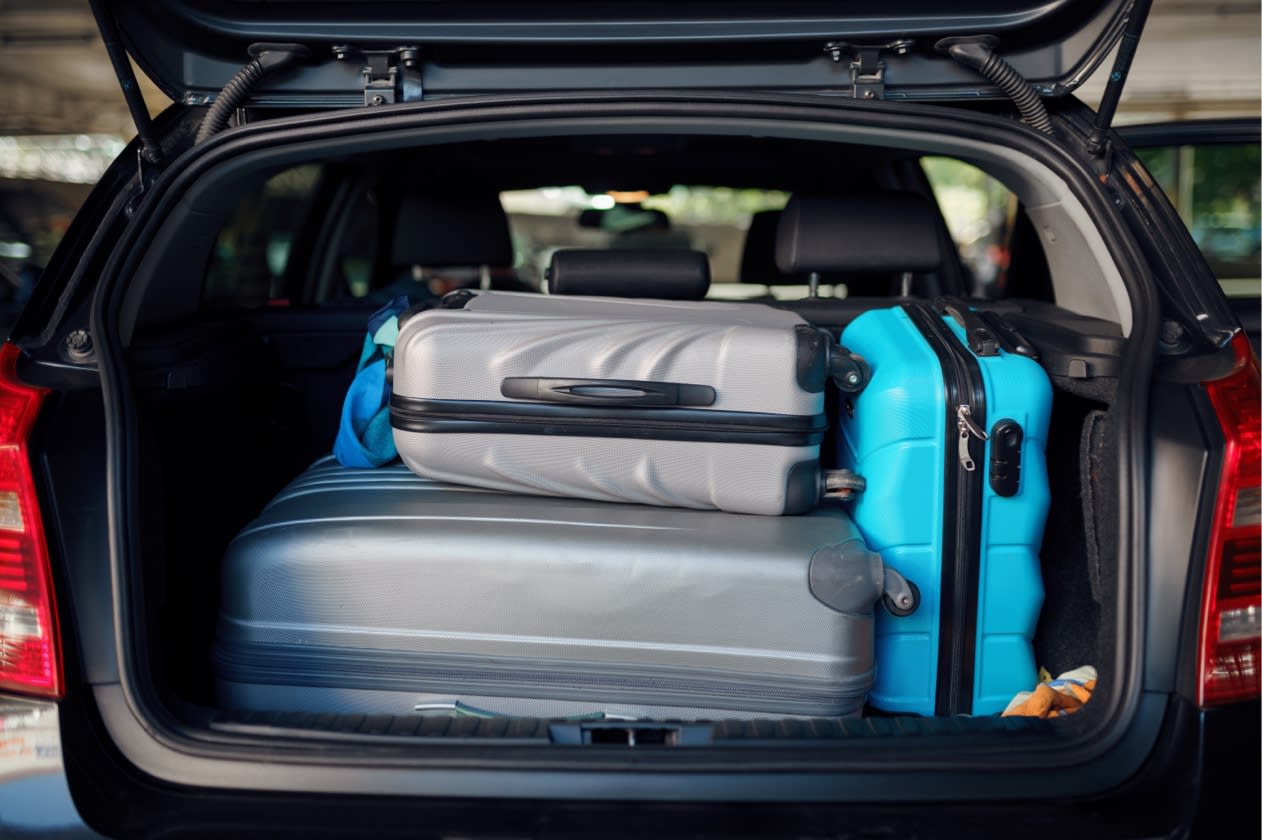
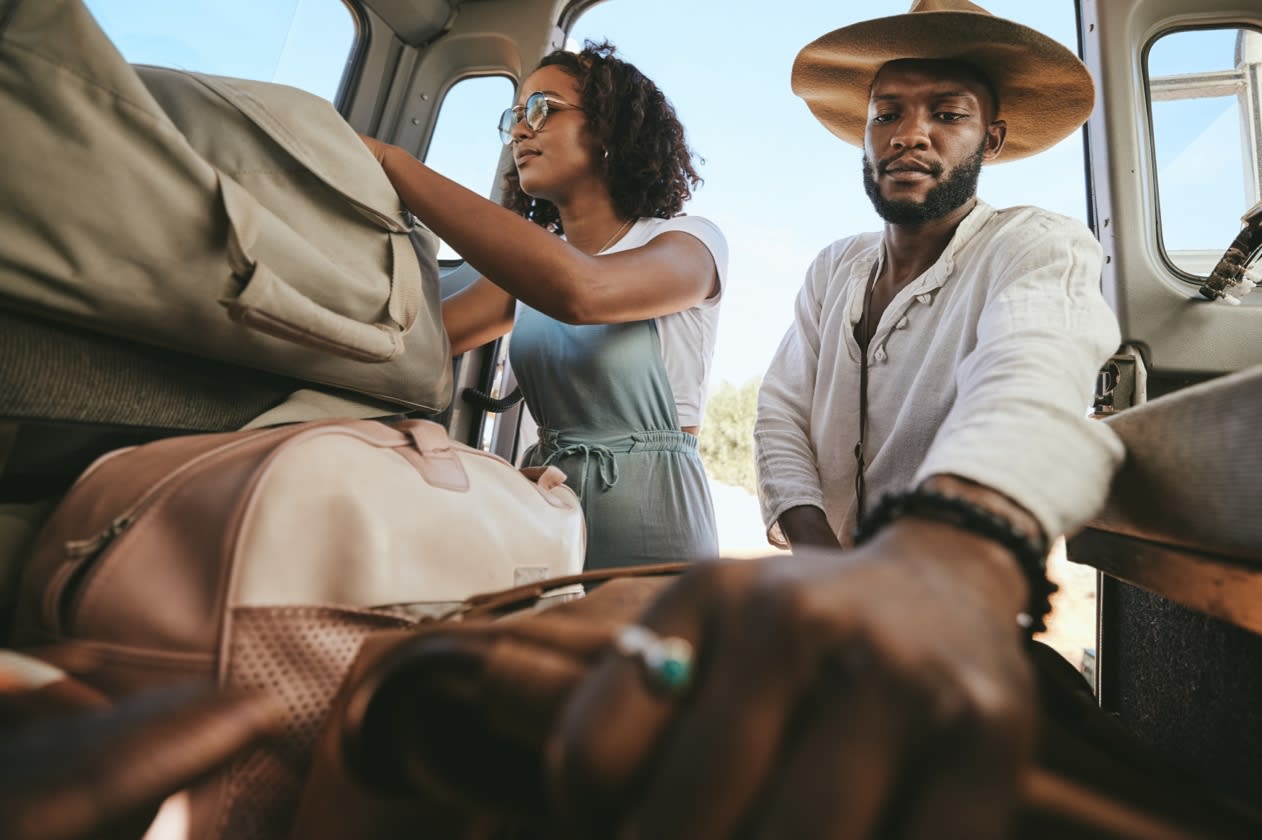
Suitcase vs. travel bag
Before we start with the safari packing list, there is one important question that needs to be answered first: Suitcase or travel bag? While a suitcase may offer more protection for your luggage, especially if it has a hard outer shell, it is often not the best choice. Especially if you are going on a round trip, we recommend choosing a soft and squeezable travel bag without a frame. This offers more space and flexibility when packing and is also easier to carry. Also, if there are restrictions on the weight and size of luggage, a travel bag is easier to handle than a suitcase.
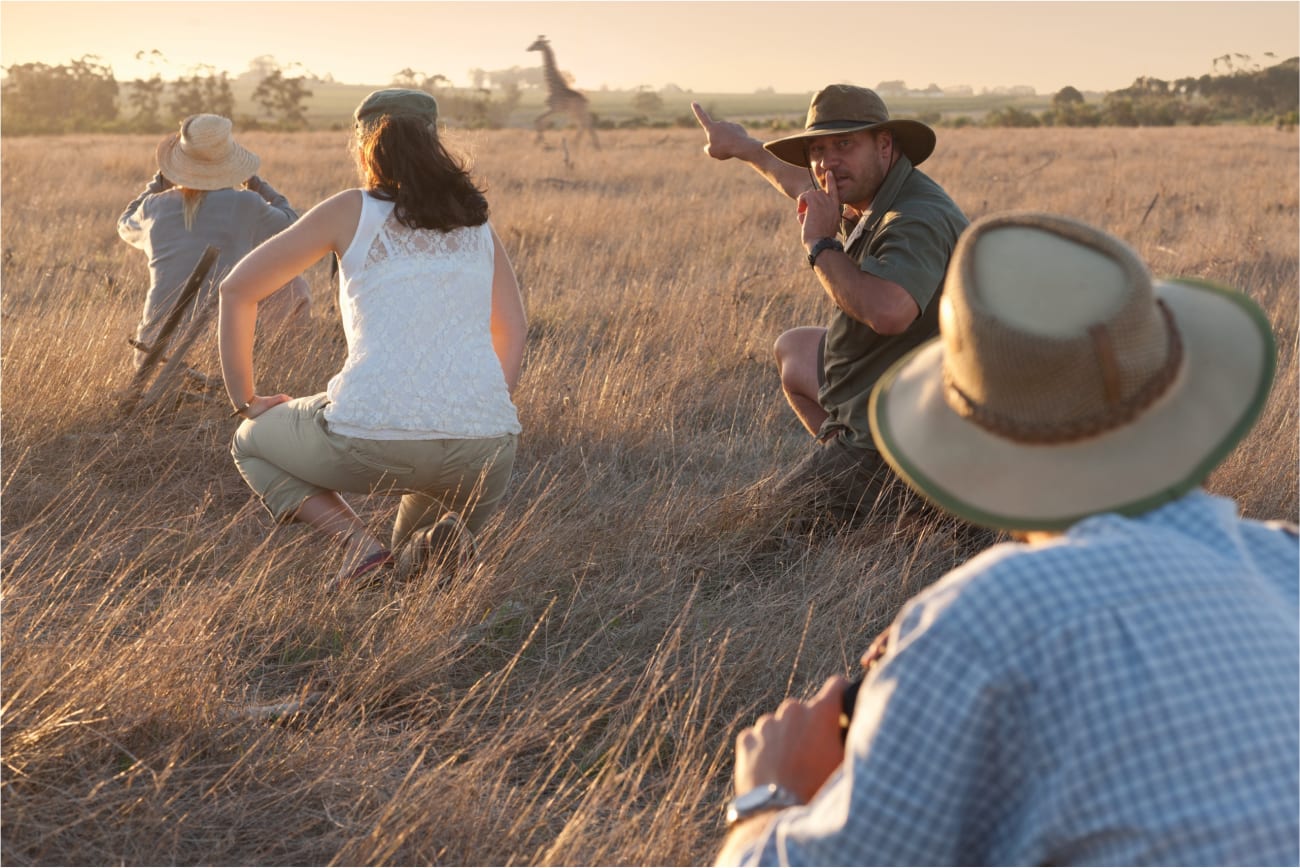
Safari clothes
Choosing the right clothing for a safari trip is essential to enjoy the adventure to the fullest. Make sure to choose comfortable, light and airy clothing that can be worn in layers to be flexible to changing temperatures. Depending on the region, it can get chilly at night and in the morning, so you should also consider warmer clothing. If you are travelling during the rainy season, be sure to bring weatherproof clothing such as a rain jacket and waterproof shoes. If you are travelling in the dry season, you should instead bring light and longer clothing to protect yourself from the sun.
Note: Many accommodations also offer the possibility to wash your clothes, which helps to pack less stuff.
The right choice of colour
When choosing colours, stick to light, non-shiny clothing - dark colours attract insects. Especially if you plan to go on a bush walk, you should stick to typical safari colours such as brown, khaki and beige so as not to scare the animals.
- Sports or hiking shoes
- Flipflops or sandals
- Jumper or fleece jacket (for morning game drives)
- Rain jacket or rain cape
- T-Shirts
- Shirt or blouse (can be rolled up as needed)
- Shorts
- Cargo trousers or chinos
- Secret tip: Zip-off trousers (can be worn as shorts or trousers)
- Pyjamas or nightgown
- Breathable underwear
- Long socks
- Swimwear (most accommodations have a pool)
- Safari hat or cap
- Sunglasses
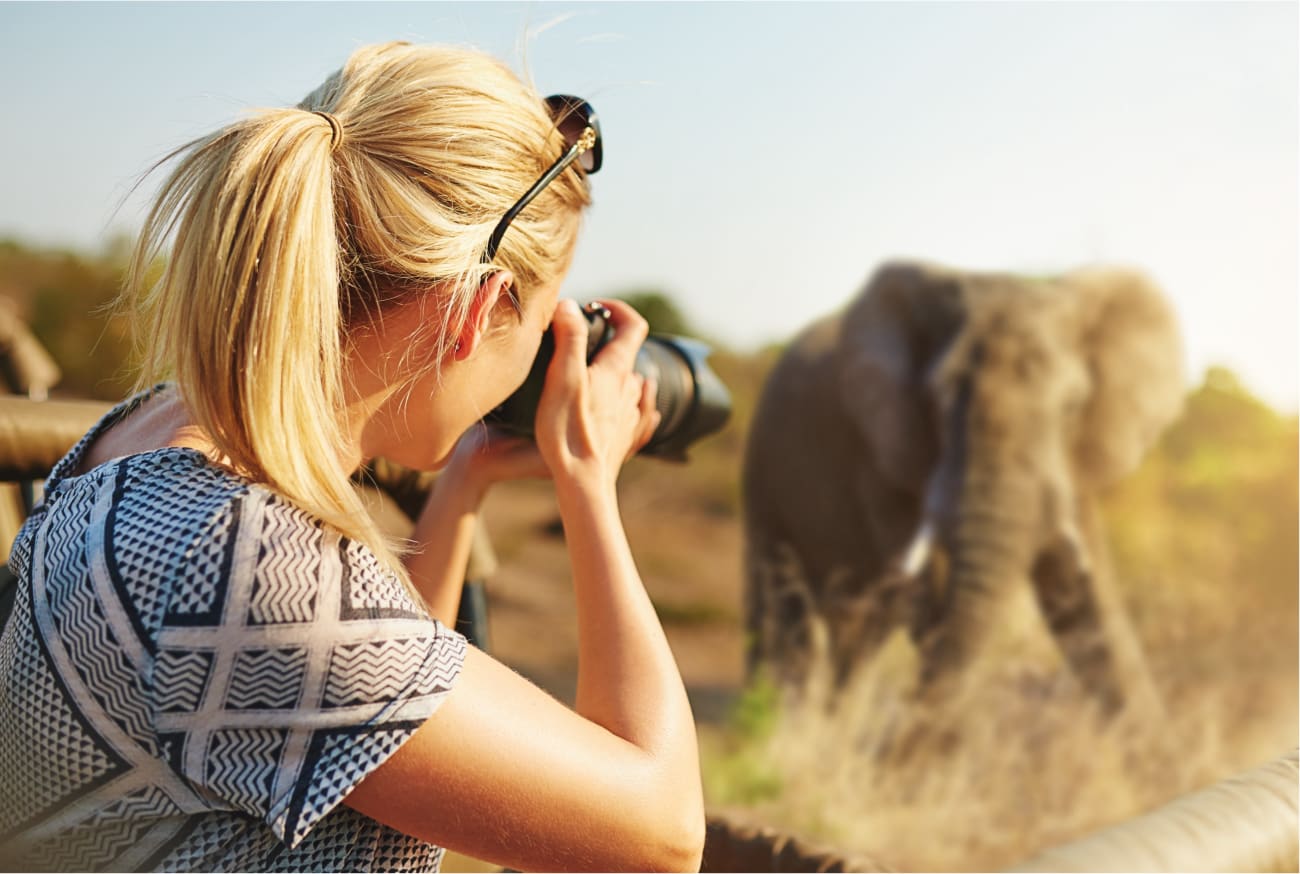
Camera equipment
Wildlife watching is one of the most fascinating and exciting activities you can do on safari. For many, photography is an important part of this. But to best capture the memories of these special moments, you should pack the right equipment.
- Camera and suitable lens (we recommend a telephoto lens with a focal length of at least 200 mm)
- Travel tripod
- Sufficient memory cards and batteries
- GoPro (perfect for attaching to a helmet or safari vehicle)
- Optional: external hard drive to store the images safely (backup)
For those who do not have suitable photographic equipment at their disposal, their own smartphone can be a good alternative. Most smartphones these days have a good camera that takes high-quality photos and can be upgraded with various apps.
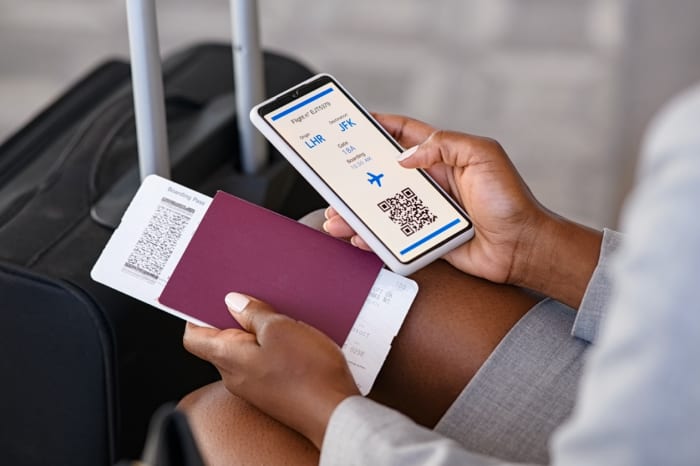

Personal documents
Some documents are indispensable for the smooth running of your travels. These include your passport, vaccination certificate and, of course, travel documents such as flight tickets and insurance. If you plan to drive yourself, don't forget to bring an international driving licence. This can be obtained for a small fee from the local road traffic authorities. It is advisable to always carry a copy of important documents.
- Passport (check validity)
- Vaccination certificate (more on vaccinations below)
- International driving licence
- Airline tickets
- Travel documents
- Insurance documents
- Small amount of cash in local currency
- Credit card
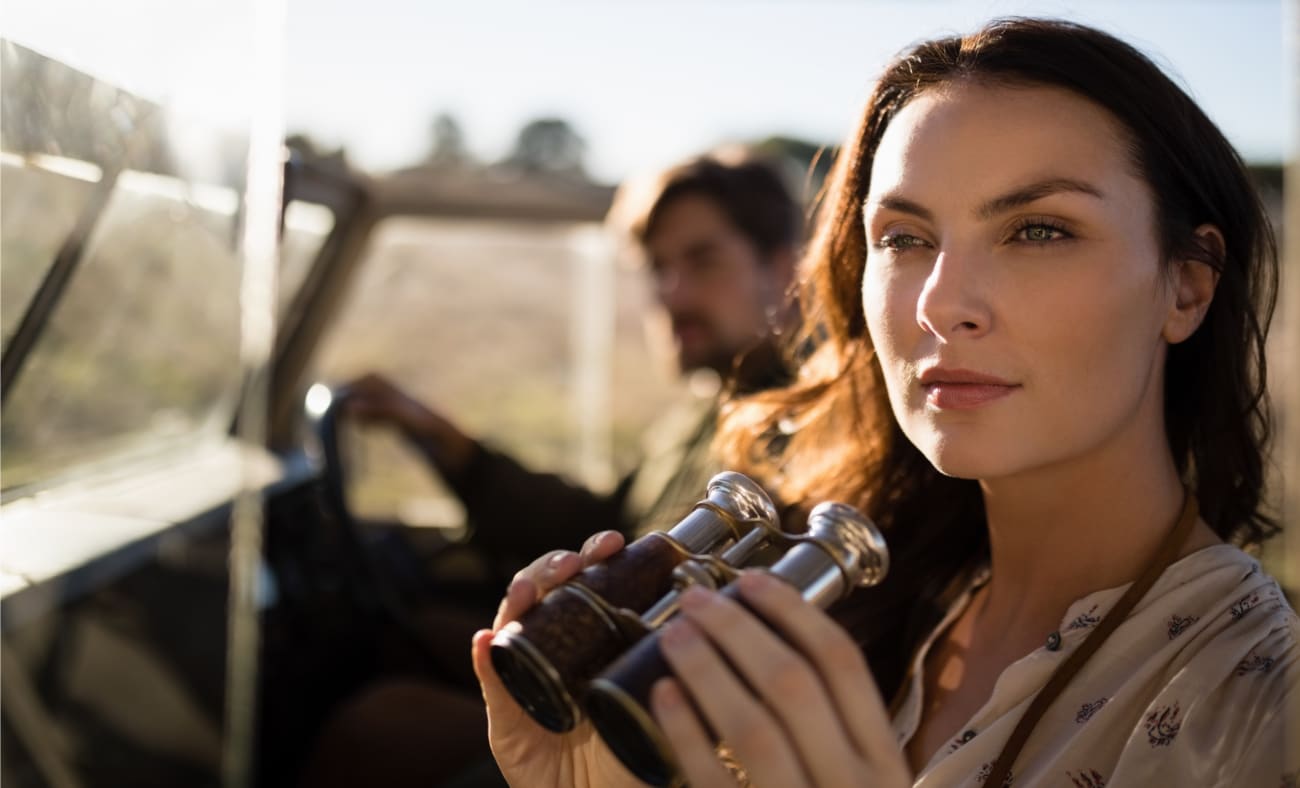
Safari equipment
There are some essential items that you should always have in your luggage, no matter what type of safari you choose.
- Backpack for day trips
- Binoculars (10x to 15x magnification)
- Water bottle
- Powerbank (essential as power outages are frequent in Africa)
- Universal socket adapter
- Travel diary and pen
Travel pharmacy
It is better to be safe than sorry, which is why you should always take an emergency first-aid kit with you. Painkillers and tablets against nausea or diarrhoea are some of the essential items in a first-aid kit. When going on safari in Africa, it is also important to protect yourself against insect bites. These are not only annoying, but can also transmit diseases such as malaria and thus become a serious problem. It is therefore advisable to take precautions for longer stays in countries with a malaria risk and to take a malaria stand-by medication and a malaria rapid test with you.
- Tablets against nausea
- Headache tablets
- Tablets against diarrhoea
- Mosquito spray
- Tick card or tweezers
- Wound and healing ointment
- Plaster
- Malaria stand-by drug
- Malaria rapid test
- Sun cream (at least sun protection factor 30)
- Hand disinfectant
The right vaccinations
For your trip to Africa, you should definitely take care of your vaccinations. Vaccination against hepatitis A, poliomyelitis and yellow fever (depending on the destination) is recommended, as well as hepatitis B, typhoid, rabies and meningococcal disease (ACWY) for longer stays or special exposure. Please also note that you will need to provide proof of yellow fever vaccination if you are entering from or transiting for an extended period in a yellow fever area. We also advise you to update your standard vaccinations according to the vaccination calendar of the Robert Koch Institute.
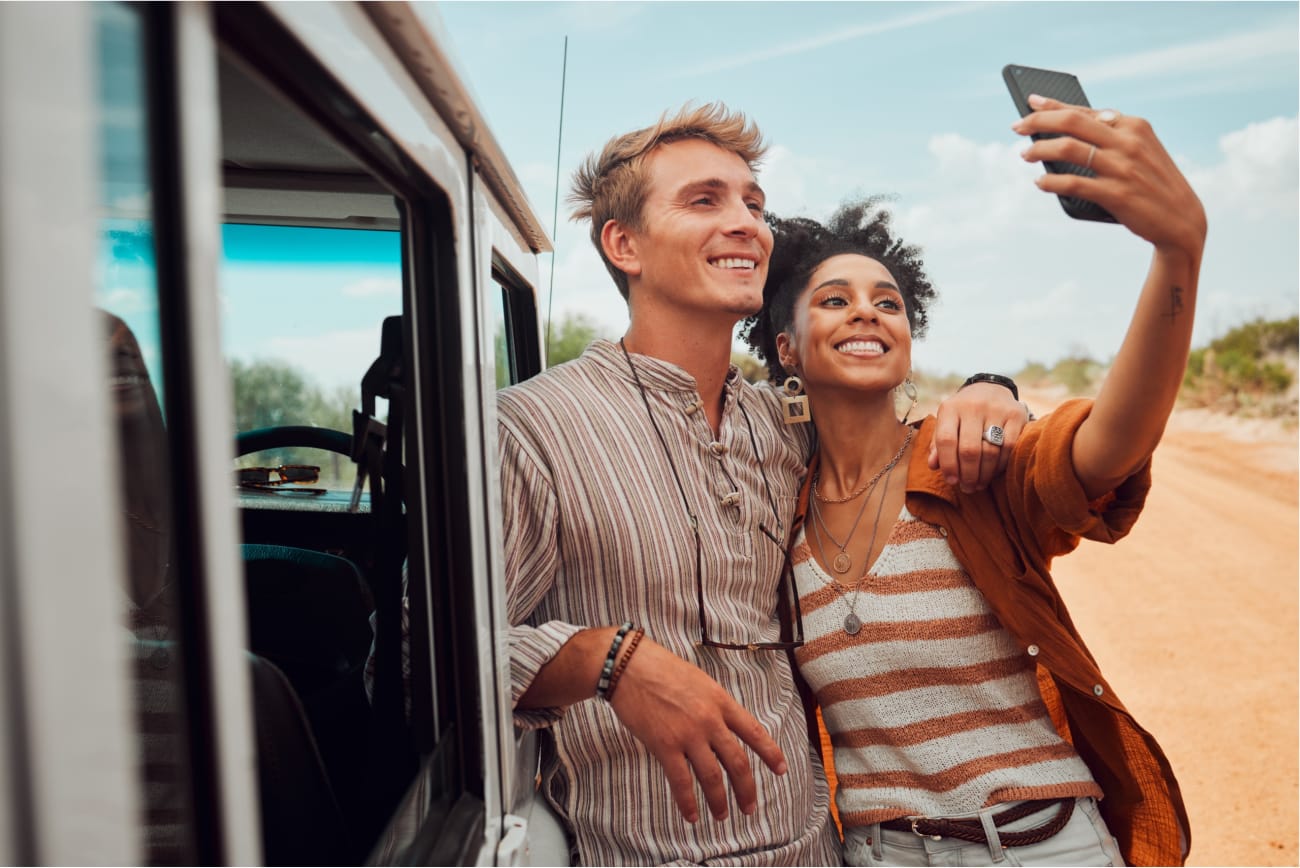
Self-drive safari packing list
Self-drive safaris offer the chance to explore the wilderness of Africa on your own with a vehicle. The freedom to plan your own itinerary is a big plus of this type of safari. Simply organise a rental car at the airport and off you go. Navigation is done via Google Maps or a navigation device. In addition to the items already mentioned, you should also think about spare tyres, tow rope and a car jack. These usually come with the vehicle, but you should still check that they are all there, just to be on the safe side.
- Spare wheels
- Rope
- Car jack
- First aid kit
- GPS-Navigation
- Camping equipment (if you want to sleep in the vehicle, see above)
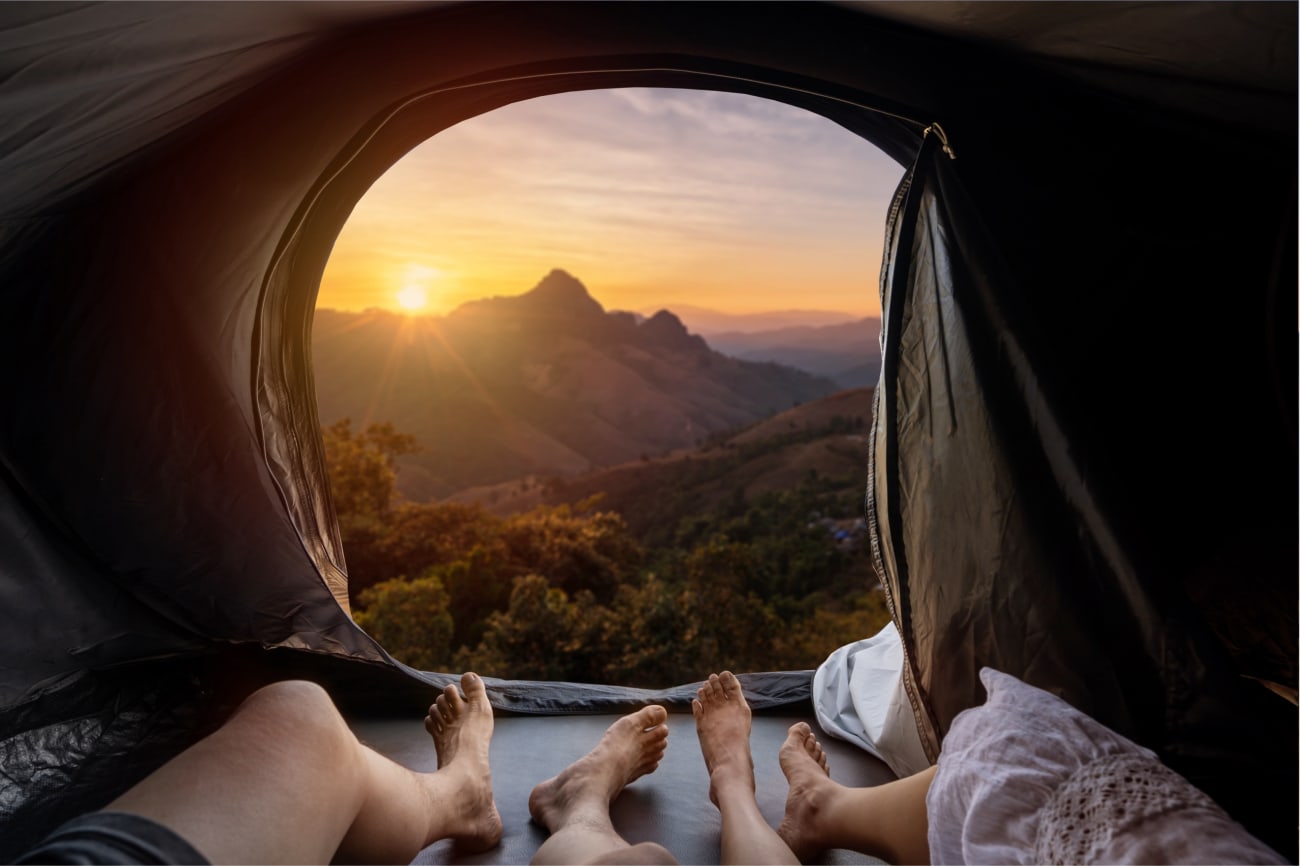
Packing List for Camper Safaris
Camper safaris are a popular travel option for adventure seekers who want to explore the wilderness of Africa in a unique and individual way. Unlike traditional safaris where you stay in lodges or tented camps, a camper safari offers an intense and authentic outdoor experience. Especially here, it is important to take the right equipment.
- Tent or roof tent
- Knife
- Firelighter
- Map or GPS navigation
- UV headlamp (so as not to disturb the animals)
- Sleeping bag
- Bed linen if necessary
- Camping mat
- Camping chairs
- Food (supplies such as rice, pasta or canned meals)
- Tableware
- Gas cooker
- Pot and pan
- Cooler box
- Sufficient water
A well-planned African safari is an unforgettable experience - so make sure you research the destinations and adapt the packing list to your destination and planned activities. Are you ready for an unforgettable experience?
Find inspiration for your safari now at safarica.com


